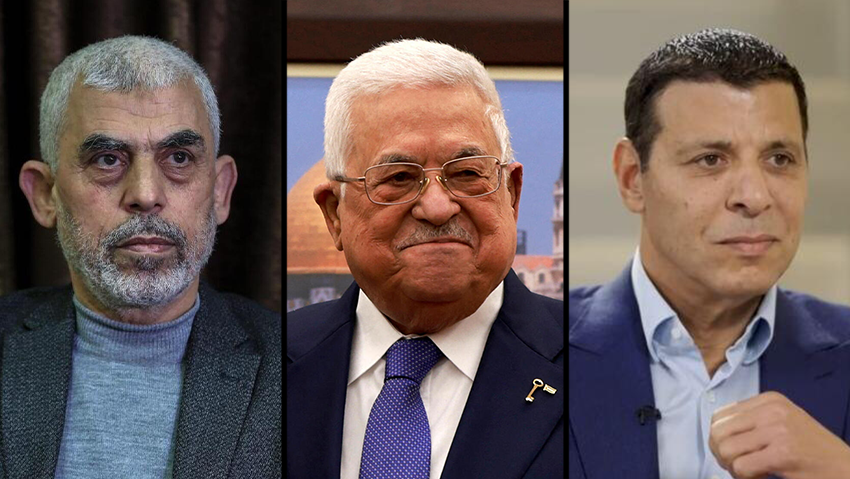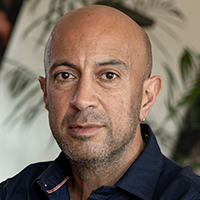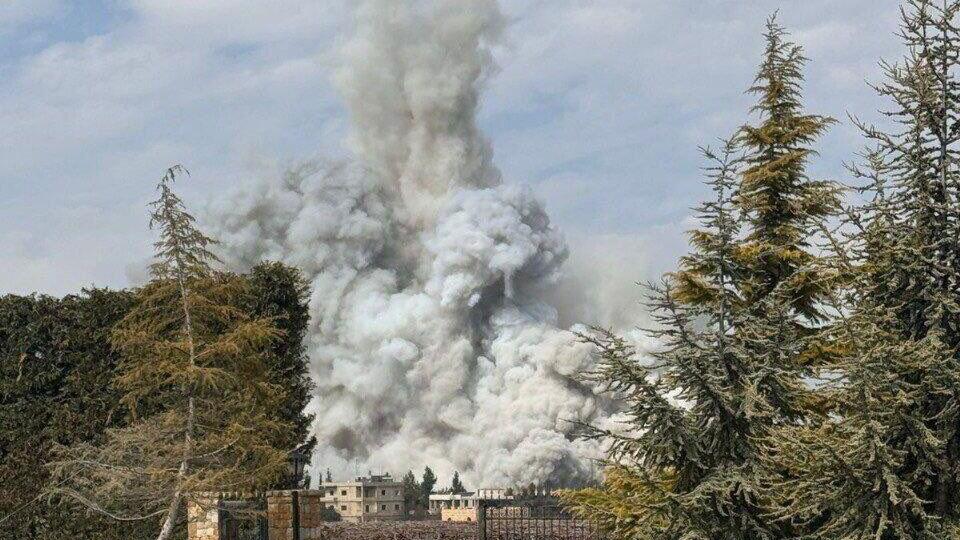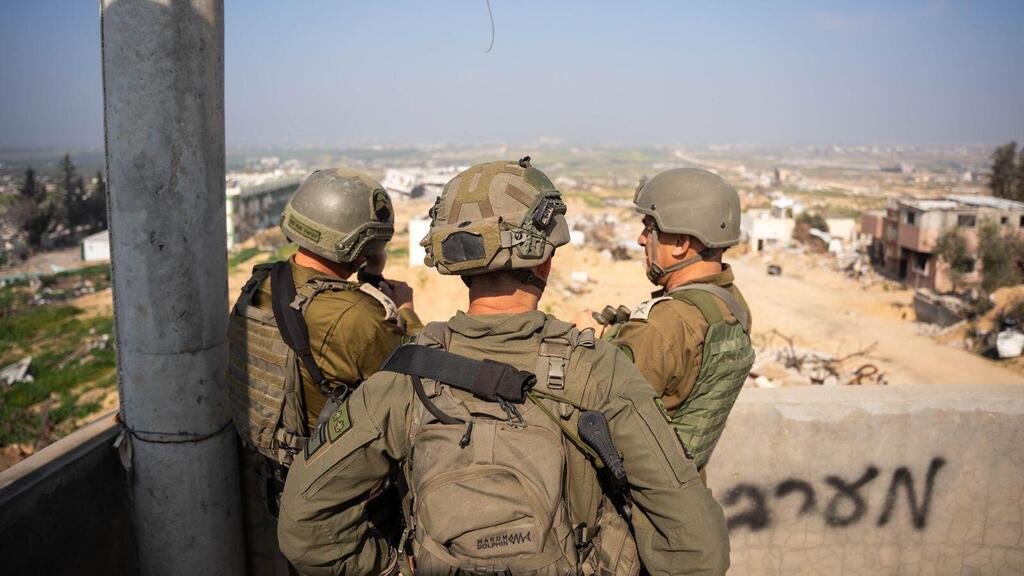Every passing day another line is crossed in the dangerous confrontation between Israel and Hezbollah on the northern border. While at times it still seems that both sides don’t truly desire a full-scale war, the clashes recorded between the sides on Monday prove how volatile the situation is, and how easily it could escalate even further.
More stories:
Missile fire toward Israeli UAVs, as well as relentless attacks by Hezbollah on northern communities, led to an exceptional, response from Israel, targeting sites in Baalbek. This is the farthest target from the border to have been attacked so far, and in fact, since the end of the Second Lebanon War in August 2006.
Baalbek in the Beqaa Valley, is Hezbollah’s spiritual, military, and political center. It’s there that the terror organization began its path, with operatives from the Iranian Revolutionary Guard arriving at camps in the area to train future Hezbollah commanders.
It is also where the first Shiite religious centers were opened with the support of the Iranian ayatollah regime - where Hezbollah's religious leaders would be taught, alongside a whole generation of the terror organization's supporters.
The message Israel is trying to convey is clear and well-understood: we won’t hesitate to exert more pressure, and we’re ready to go to war if need be. However, the question is how Hezbollah would respond to this – would it agree to withdraw its Radwan forces from the border area (in fact, most of the Radwan forces have already left) and stop the missile fire against Israel, or would it intensify its attacks against Israeli territory to prove that it isn’t afraid of such a confrontation.
Heavy missile fire was directed towards the Golan Heights on Monday. It is likely that if a cease-fire isn’t reached between Israel and Hamas in Gaza soon, the tensions between Israel and Hezbollah will continue to move closer and closer to a broader confrontation.
In the Palestinian Authority, meanwhile, the government led by Mohammed Shtayyeh announced its resignation on Monday, "according to the president’s agreement." In practice, the government will continue to serve as an interim government until the formation of a technocratic government, if one comes to pass.
Shtayyeh's decision isn’t a dramatic development in the history of Israeli-Palestinian relations, nor between Hamas and Fatah - it is primarily a step intended to demonstrate to the U.S. government that Mahmoud Abbas is implementing their recommendations regarding reforms in the Palestinian Authority.
This step was taken after the Biden administration expressed concern about losing support for Fatah and the Palestinian Authority among the Palestinian public in Gaza, and even more so in the West Bank, following the events of October 7. Hamas no longer enjoys widespread support among the public in Gaza, and examples of this can be seen daily, but its popularity in the West Bank remains very high.
The U.S., fearing a violent outbreak against the Palestinian Authority and Israel, asked Abbas to take steps that would calm his public - which wants to see improvement in its economic situation but continues to support Hamas operations in Gaza at the same time.
3 View gallery


Yahya Sinwar, Mahmoud Abbas, Mohammed Dahlan
(Photo: JAAFAR ASHTIYEH/Pool via REUTERS, EPA)
The Palestinian Authority’s government’s resignation is therefore is to allow the appointment of professional experts who will manage the affairs of both the West Bank and Gaza together after the war.
At the end of February, representatives of 14 Palestinian factions, including Hamas and Islamic Jihad, will convene in Moscow, and are expected to support the establishment of a technocratic government in the Palestinian Authority.
Abbas wants to appoint Mohammad Mustafa, his veteran economic advisor. The U.S., UAE, and even Saudi Arabia wanted the appointment of Salam Fayyad, who in the past succeeded in implementing comprehensive reforms in the PA. The Americans also wanted to transfer some of Abbas’s powers to Fayyad, however, the Palestinian president rejected the idea. - and now Mohammad Mustafa remains.
Another figure who has emerged alongside Fayyad is Mohammed Dahlan, who claims he has no aspirations for the day following Abbas’ resignation. He even met with Hamas leader Ismail Haniyeh in Qatar and received his support for the move, but for now, at least, Abbas refuses to comply.
In any case, whether with a technocratic government or with a Fatah government preparing to deal with Gaza after the war, Prime Minister Benjamin Netanyahu’s government, vehemently refuses the option of the Palestinian Authority in control of Gaza.





